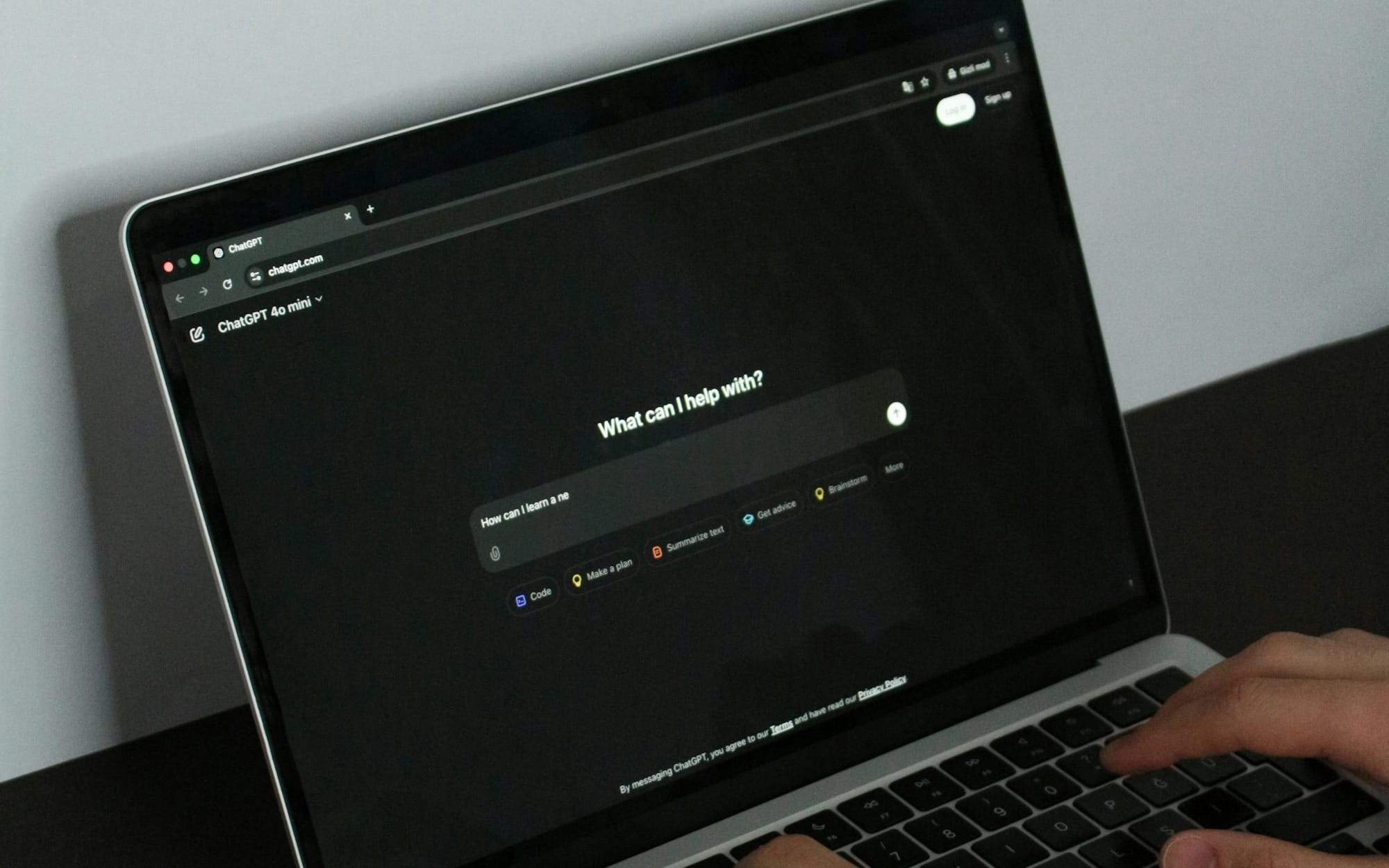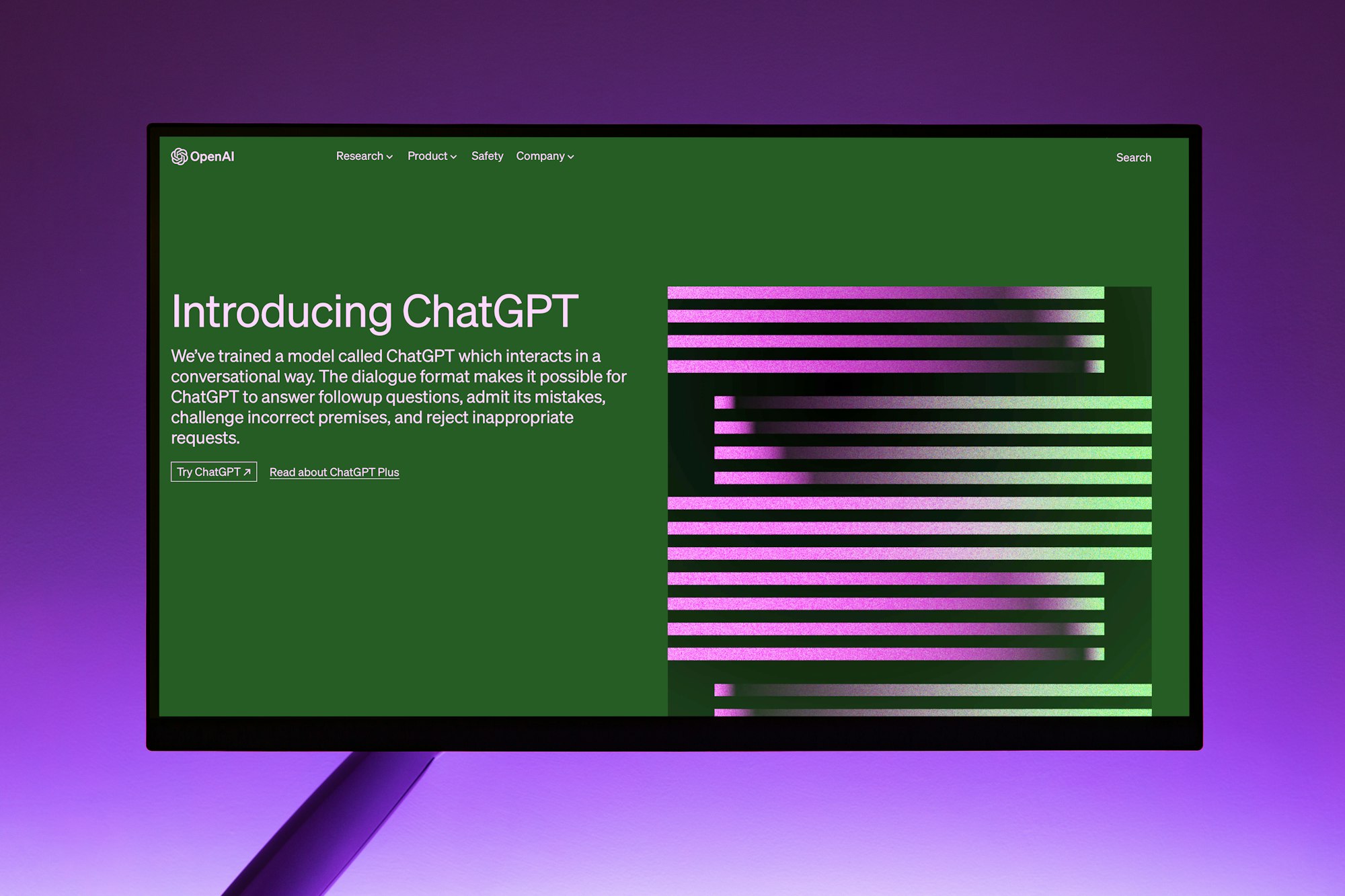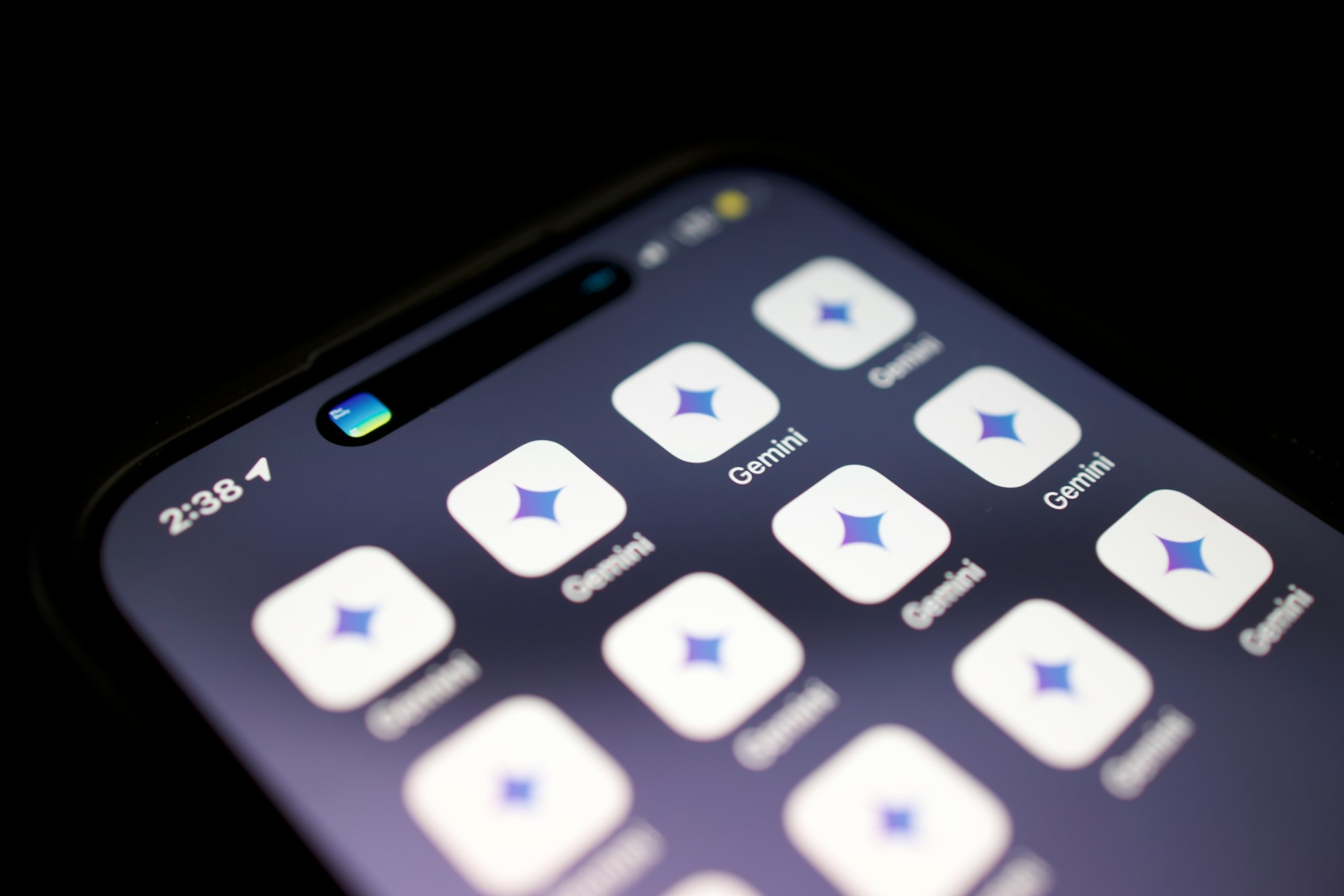ChatGPT can now retain and reference all information from previous conversations

One of the long-standing limitations of ChatGPT, the AI chatbot, has been its short-term memory. While you could have detailed, productive sessions, everything often resets once the chat ends, and you move on to another chat session. Preferences, tone, context—all lost with the refresh. But that’s now beginning to change.
OpenAI is rolling out a major update to ChatGPT’s memory system by introducing a feature called “reference chat history.” Unlike the previous “Memory” function—which could remember simple details like your name or writing style—this new system allows ChatGPT to access and learn from your entire chat history.

This goes beyond storing basic details and allows ChatGPT to draw context from all prior conversations. Instead of each session starting from scratch, the model can now adapt responses based on your past chats.
The only caveat is that you can only turn this feature on or off. You can’t review, edit, or delete specific things the AI remembers, like the "Memory" function.
While these changes promise a smoother, more context-aware experience, they also raise questions. The loss of user-level control over memory may affect trust and transparency—especially when users don’t know exactly what’s being remembered. As AI tools evolve to “remember” more about us, issues around privacy, consent, and data handling will become harder to ignore.
This kind of persistent memory isn't entirely new to the industry. Google’s Gemini, for example, introduced its own version called "Recall" earlier this year, which allows users to recall and continue past chats. Competitors like Claude and Grok, however, still operate on a single-session model without long-term memory.

For now, ChatGPT’s memory update represents a significant step toward making AI more like a long-term personalized assistant than a one-off chatbot. But it will also come along with a new set of challenges around data, privacy, and user autonomy.
The update is already rolling out gradually and is currently unavailable in the UK, EU, Iceland, Liechtenstein, Norway, and Switzerland, according to OpenAI,. A wider release to Enterprise, Team, and Edu users is planned later. There's no word yet on if or when free-tier users will get it.

